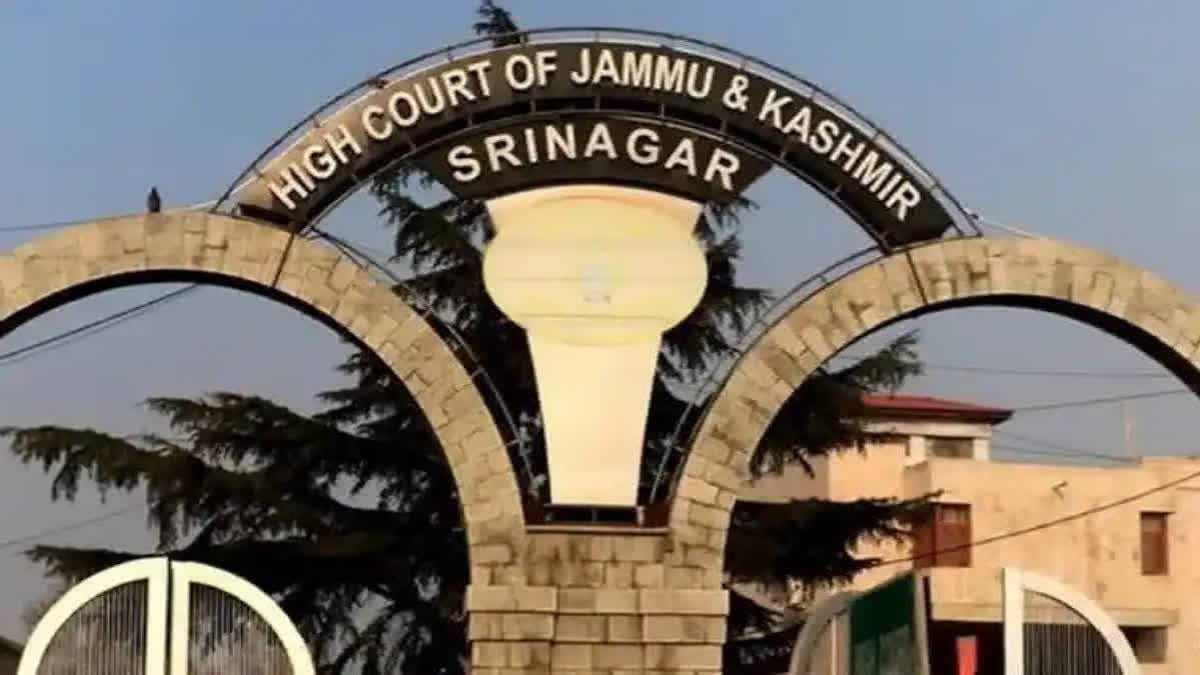Srinagar:In a significant decision, the High Court of Jammu & Kashmir and Ladakh has ordered the Deputy Commissioner of Srinagar to take control of several temple properties, asserting that Mahants and Babas had taken advantage of the situation in complicity with the locals.
The properties the court has ordered the Srinagar administration to take over include the historic Raghu Nath Ji Temple in Srinagar's Barzulla, which involves over 159 kanals of land, part of which is reportedly under the possession of the incarcerated former Kashmir Bar Association President, Mian Qayoom, and his siblings.
On Tuesday, the High Court issued a directive to the Deputy Commissioner of Srinagar to assume control of the management and properties of various temples, including the Shree Bajrang Dev Dharam Dass Ji Mandir in Sathu Barbar Shah, Srinagar. This order was part of a broader decision to protect and properly manage the assets of temples across the region, which have been subjected to encroachments and mismanagement, particularly since the onset of militancy in the 1990s.
A division bench comprising Justices Sanjeev Kumar and M. A. Chowdhary, while disposing of a related petition, instructed the Deputy Commissioner to establish a committee of officers from the revenue and other relevant departments to oversee the daily rituals and the overall management of these temples. The court underscored that the property of these temples belongs to the Deity, and no individual has the right to claim ownership or management rights over them.
The court also emphasized that the historical context suggests these properties were likely dedicated to the temples by the Maharaja of the time, with the intention that the income generated from them would support the temples' upkeep and charitable activities. The absence of proper records has, however, led to disputes over the management and ownership of these properties.
In a related case involving the Raghu Nath Ji Temple in Barzulla, the court ordered the Deputy Commissioner to take possession of over 159 kanals of land, including more than six kanals allegedly held by Mian Qayoom and his siblings. This directive followed the court's scrutiny of a series of petitions, including one filed by the Mian family, which challenged an earlier order by the Divisional Commissioner of Kashmir.
The petitioners contended that their family had lawfully acquired the land through a series of agreements dating back to the 1960s and 1970s, but the court noted that the records did not conclusively establish the legitimacy of these claims.
